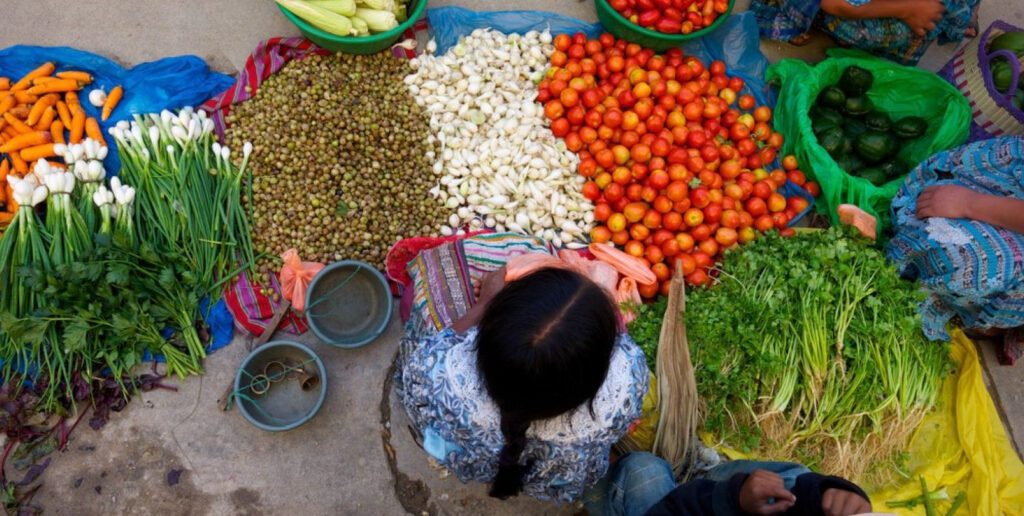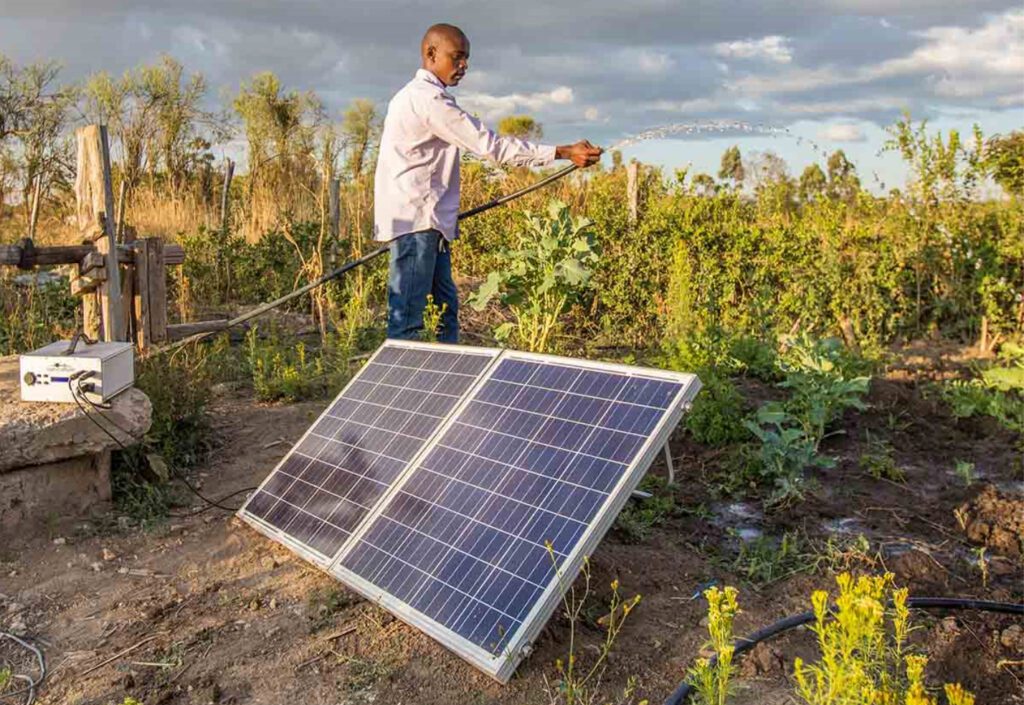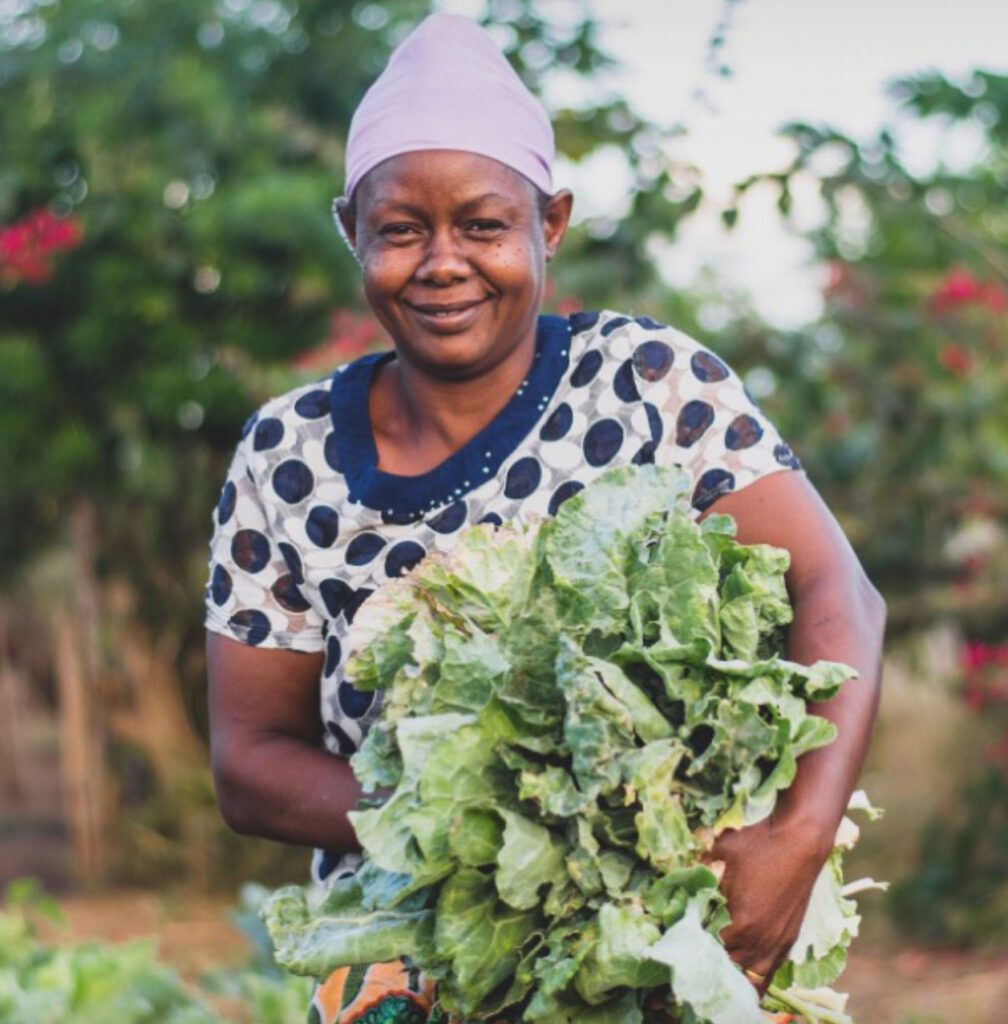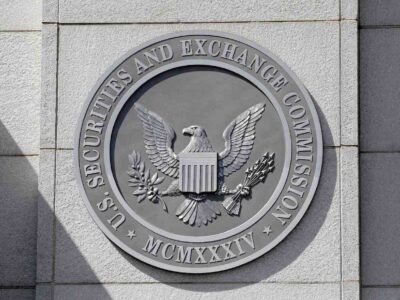The link between food security and social unrest has existed for centuries, but it seems to have been magnified in recent decades. This is partly because changing global and environmental conditions are negatively impacting the world’s food supply just as the world’s population has roughly doubled.
Today, hunger is “both a cause and result of conflict” that can threaten national security worldwide, according to Marie Haga, associate vice-president of External Relations and Governance at the United Nations (UN) International Fund for Agricultural Development.
“[Hunger] can displace farmers and destroy agricultural assets and food stocks. Or it can disrupt markets, driving up prices and damaging livelihoods,” Haga wrote in a post on the 2021 Food Systems Summit website. “In this vicious circle, conflict and lack of food break down the very fabric of society, and all too often lead to violence.”

Photo Courtesy UN
This has become an increasingly big problem worldwide. In a January 2023 column for AgriPulse, former UN ambassador and Indiana farmer Kip Tom cited World Food Program data showing that as many as 828 million people go to bed hungry every night.
The amount of people facing acute food insecurity has more than doubled to 345 million since 2019, driven by the COVID-19 pandemic.
It isn’t just a problem for developing countries, either. In recent years, inflation in the U.S. has led to a similar rise in hunger. Although the U.S. is much better equipped than the rest of the world to deal with food insecurity, it is still not immune to it.
“In the U.S., we are vulnerable to the fertilizer supply chains but also to public policy, regulatory, legal, foreign ownership and dependency, labor, and global trade issues,” Tom wrote. “Our well-managed food security challenges can be met, but they do not have overly simplistic or one-size-fits-all answers.”
The connection between food security and national security was highlighted in a 2022 “Forbes” column by Samir Ibrahim, co-founder and CEO of SunCulture, a provider of technologies and solutions to small farmers. Ibrahim pointed to the 2007–2008 food crisis when soaring prices triggered violent riots in more than 40 countries. Many of those same problems continue today.

Photo Courtesy SunCulture
“Throughout the past decade, countries have experienced regime change or armed conflict due in great part to food-related conflict,” Ibrahim wrote. “Last year, the [current] administration warned that food shortages as a result of climate change could lead to unrest.”
Ibrahim says political instability tied to food insecurity could undermine the U.S. in several ways. “The U.S. may face weakening strategic partners, disruption of trade routes, increasing migrant and refugee flows, and opportunities for weak and failed states to become breeding grounds for terrorism,” Ibrahim wrote. “Food security is, indeed, national security.”
There are steps governments, nonprofit groups, businesses, and the agriculture community can take to address the problem. The UN’s Haga recommends offering more aid to small farmers, who feed more than 2 billion people worldwide.

Photo Courtesy SunCulture
“[Small farmers] have great potential to contribute more to well-functioning, sustainable food systems. Why? Because small-scale farms mainly serve domestic and local markets,” Haga said. “They are especially important in developing countries where hunger is more likely to provoke unrest.”
Also needed are more programs such as Feed the Future, the U.S. Government’s global hunger and food security initiative. According to the U.S. Global Food Security Strategy: Fiscal Year 2022–2026 report, it has helped an estimated 23.4 million more people rise above the extreme poverty line and ensured that 3.4 million more children aren’t stunted.
Meanwhile, Ibrahim says business leaders can address the problem by auditing their supply chains to rely less on adversarial foreign powers and more heavily on domestic partners, exploring the voluntary carbon market, and bringing food security’s role in national security to the forefront of executive discussions.





